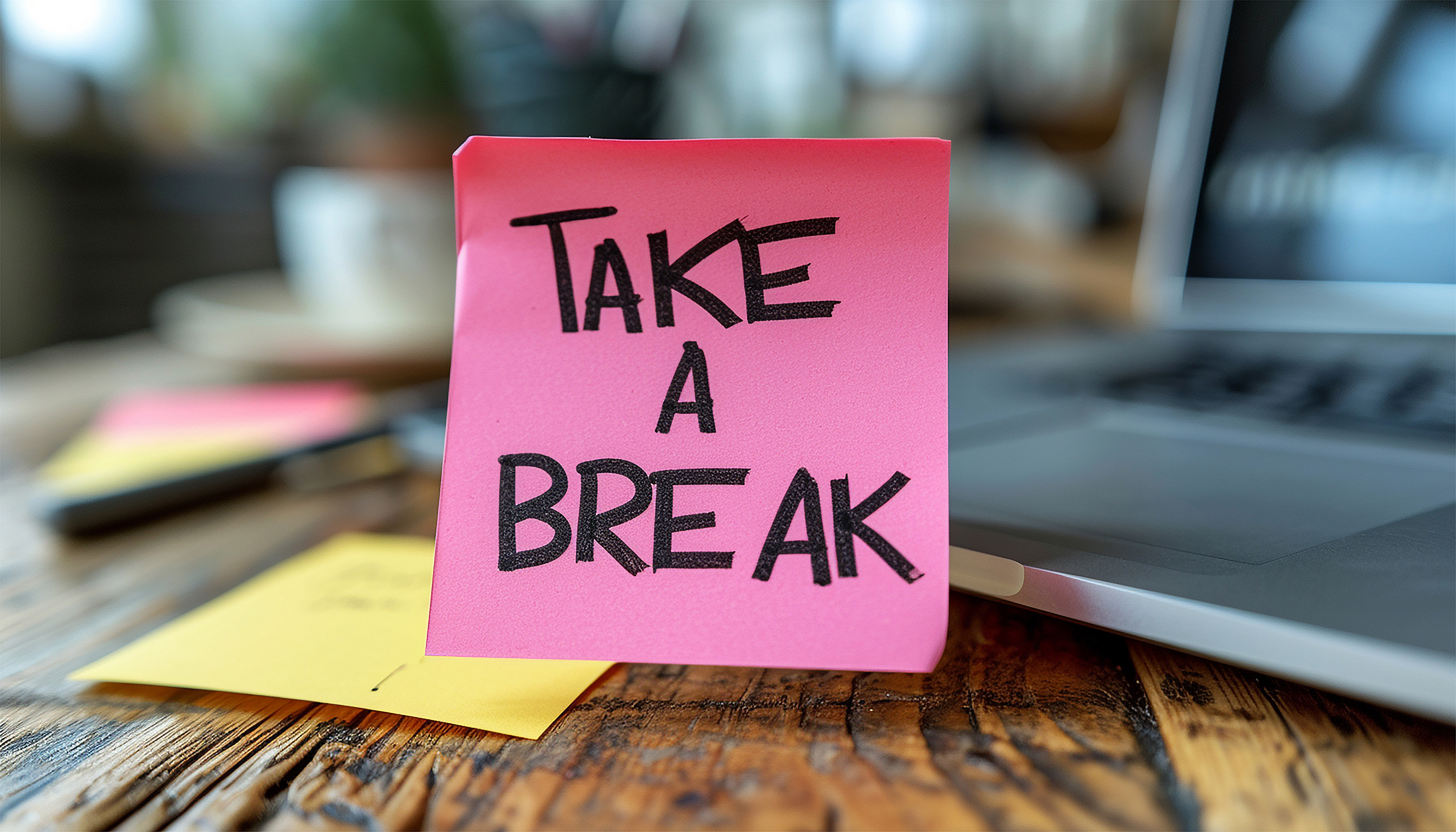Mental health in Dentistry

Dentistry is an extraordinary profession; but it can also be very stressful. High-pressure procedures, threats of complaints and litigation, and the lingering impact of COVID-19 are just a few of the stressors that dental professionals might contend with daily. To help spread awareness of mental health issues, resources, and coping mechanisms, we’ve created this article to serve as a signposting service, and to share helpful tips.
If you believe that you are in need of help regarding your mental health, and that the advice contained in this article will not be enough, please consider reaching out to a professional. Helplines and links to resources are contained in the footer of this article.
Why Should Dentists Be Aware of Their Mental Health?
The impact of stress, fatigue, and burnout are profound, and their impacts are difficult to quantify and comprehend. In terms of a dentist’s professional life, excess stress may lead1 to feeling overwhelmed in the workplace, a reduction in the quality of work, and even difficulties in maintaining relationships with co-workers. This is just to list a few potential impacts inside your professional life. Outside of your professional work, you may experience anxiety, disrupted sleeping and eating patterns, depression, and other, serious conditions.
Blue Monday and Brew Monday – What do they mean?
Brew Monday is an initiative started by the Samaritans which seeks to transform the day known as ‘Blue Monday’ into a more constructive event. January is known for being hard on people, whether it’s the cold, grey weather, work stress, or it’s post-holiday woes. Because of this, the third month in January has been given the title ‘Blue Monday’ and has come to represent a time of generalised malaise.
All this being said, feeling low isn’t something that’s limited to January, or Mondays even. The complexities of life can make us upset at any time, even for reasons we don’t immediately understand. With this in mind, the Samaritans have created Brew Monday, a time dedicated for meeting with a trusted colleague or friend and having an honest catch-up. It doesn’t have to be a deep and meaningful conversation immediately, but knowing you have someone to reach out to (and that someone can reach out to you) can be quite a relief. Besides, why say no to a cuppa with a friend?
DD’s Top Five Tips to Help Manage Mental Health.
The advice that follows this paragraph will list some basic tips to potentially help you to improve your wellness. We'd also like to reiterate that while these tips do come from reputable sources which are linked in the footer, they may not be helpful for everyone. If you find that following these practices doesn’t improve your mood or conditions, please consider reaching out to a friend, family member, colleague, or medical professional.
 1 - Find A Support Network.
1 - Find A Support Network.
Whether this support network is comprised of other dental health professionals, or friends and family, it is crucial that you feel you can share your thoughts and feelings with several people in your life. Support networks are crucial sources of advice and empathy and can help you gain a new perspective on stressors.
While networking may be difficult for some, it has a lot of benefits. Making friends and acquaintances that you can talk to within the dental industry will give you additional perspectives on any issues you might be facing. If a certain part of your job is stressful, perhaps another professional may be able to advise on how they deal with that problem.
 2 – Work on Your Hobbies!
2 – Work on Your Hobbies!
While the pressures placed on dentists and dental professionals might be great, it’s important to establish firm boundaries between your personal and working life. Make sure to take your annual leave, try not to skip your lunch breaks, and make time for yourself, not just for your profession. If you’re struggling to maintain a work-life balance, a good place to start might be just to take regular breaks to do something for yourself. Whether you spend that time learning a new skill, or just doing something you find comforting is irrelevant, the most important thing is to use that time for yourself, and not for work.
 3 – Spot The Signs of Burnout
3 – Spot The Signs of Burnout
Burnout is another mental health affliction which could very easily affect any dental professional.
Burnout has been defined by Mental Health UK as “a state of physical and emotional exhaustion”, a definition that is helpful, but can be developed to include specific symptoms which are easier to recognise. Early signs of burnout include, but are by no means limited to:
- Consistent daily fatigue or exhaustion with no obvious cause.
- A feeling of hopelessness.
- Alienation, or detachment from work-related activities.
- A change of appetite or sleep patterns.
- An increasingly negative outlook.
- Quick changes in temperament, becoming very frustrated or dejected.
Learning to recognise the signs of burnout is a difficult, but worthwhile endeavour. If you think you have burnout, or want to read more about it, the NHS has advice on stress, and the Stress Awareness Society has courses, tests and general resources to help you gauge your stress levels, then manage them. Both of these resources are also listed later on this page, under the “helpful resources” section.
 4 – Switch Up Your Scrolling Habits
4 – Switch Up Your Scrolling Habits
Comparing oneself to another through social media is a common, easily made mistake which can have a tangible impact on your mood. Even the most internet-savvy among us can find themselves feeling dejected when they see the Instagram feed of a contemporary living what seems to be a wealthy and carefree life. Another mistake is doomscrolling, actively searching social media, reading pages of negative news headlines and articles.
If you find that social media is contributing to a decrease in your mood and energy, your next step should be to change how you spend your time online. This doesn’t necessarily mean logging off, but potentially by muting specific accounts and following others, you can change your timeline entirely. However, if you find yourself returning to the same patterns which are causing you stress or anxiety, perhaps consider limiting your screentime, or taking a break from your social media accounts for a small amount of time. The important thing is to become aware of the patterns which are causing you distress and breaking them.
![]()
 5 – Get Active!
5 – Get Active!
Last, but not least, ensuring you look after yourself physically is very important. This can be more than just exercise, eating and sleeping well are important parts of self-care. However, the positive impacts of exercise are not to be understated. Exercise can help you to raise your mood to no end. If that’s not a convincing enough reason, exercise can help you to meet new people, sleep better, eat better, and feel more comfortable spending time away from your work.
Summary
- Find A Support Network
- Work on Your Hobbies
- Spot The Signs of Burnout.
- Switch Up Your Scrolling Habits.
- Get Active!
Helpful resources.
NHS England, Support for Dentists
This is a list of resources for dentists, including mental health and general advice services. Please note that while this category refers to the South West, many of these services operate nationwide.
Confidental - Confidental are a charity which provides a listening and signposting service for anyone who works within the dental profession.
Dentists’ Health Support Trust - A charity for dentists with mental health concerns. This service is managed by dental professionals.
Samaritans - A charity which provides free, anonymous emotional support through its helpline, email, or lettering services.
The Stress Management Society - A website compiling several resources to help you become more aware of, and capable of managing your stress levels.
Sources:



